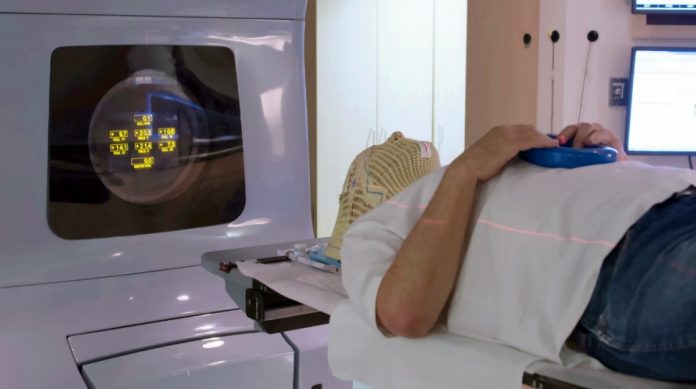A new UCLA study has found that treating older men with early-stage prostate cancer who also have other major health problems with aggressive therapies such as surgery or radiation therapy does not help them live longer; in fact, it may actually worsen their health status.
The study group comprised more than 140,500 men aged 66 and older who were diagnosed with early-stage prostate cancer from 1991 through from the Surveillance, Epidemiology and End Results (SEER) Medicare database. The subjects also suffered from multiple major medical conditions such as a history of heart attack, chronic obstructive pulmonary disease (COPD), and diabetes these men did not live any longer after receiving aggressive therapy compared with men receiving no treatment. In addition, they were at risk for side effects such as impotence, urinary incontinence, and bowel problems secondary to surgery and radiation treatments.
Aside from skin cancer, prostate cancer is the most frequently diagnosed cancer in men. Approximately 233,000 new cases of prostate cancer will arise in the United States in 2014. Among these men, almost 30,000 deaths will occur. For reasons that remain unclear, incidence rates are about 60% higher in African Americans. To evaluate the men, the investigators used the Charlson index, which can be used to predict the 10-year mortality for a patient who may have a variety of other health problems, known as comorbid conditions. For example, a cancer patient with diabetes may score a 1 on the index, while a man with multiple or more severe health conditions might score a 3 or higher.
The men were followed for 15 years after their diagnosis; the study found that prostate cancer patients with Charlson scores of 0, 1 or 2 who were treated with surgery or radiation therapy had a lower risk of dying of prostate cancer compared to men who received no treatment. Study first author Timothy Daskivich, a UCLA Robert Wood Johnson fellow, explained that men with scores of 3 or higher did not have a reduction in risk of death from cancer with aggressive treatment because they did not live long enough to benefit from it and were more likely to die from something else.
Dr. Daskivich noted, “In the past, we’ve relied on the basic argument that older and sicker men are much more likely to die of other things besides their prostate cancer that exposing them to aggressive treatment and its debilitating side effects is a poor gamble. Now we’ve shown that aggressive treatment of these men is ineffective. This information will help these men better maximize the quality of their remaining years.” He added that prostate cancer patients who have several comorbid conditions could use these findings to decide whether or not to treat their disease.
Dr. Daskivich said, “These findings will also benefit the doctors who are trying to counsel these men on whether or not they should receive treatment,” he said. “The guidelines suggest the men with life expectancies of less than 10 years shouldn’t be treated aggressively, but life expectancy is difficult to measure accurately. This data clearly defines a subset of patients who should avoid therapies that will only cause them problems they don’t already have.”
The study states: “Aggressive treatment of men with multiple major comorbidities poses both an unnecessary health hazard to these men and an undue burden on our overtaxed healthcare system. Because all aggressive local treatments for prostate cancer may confer side effects that can substantially affect quality of life, aggressive treatment of men who are unlikely to benefit often creates new health problems––impotence, urinary incontinence, bowel dysfunction––while not achieving the primary objective of increasing cancer-specific survival.”















